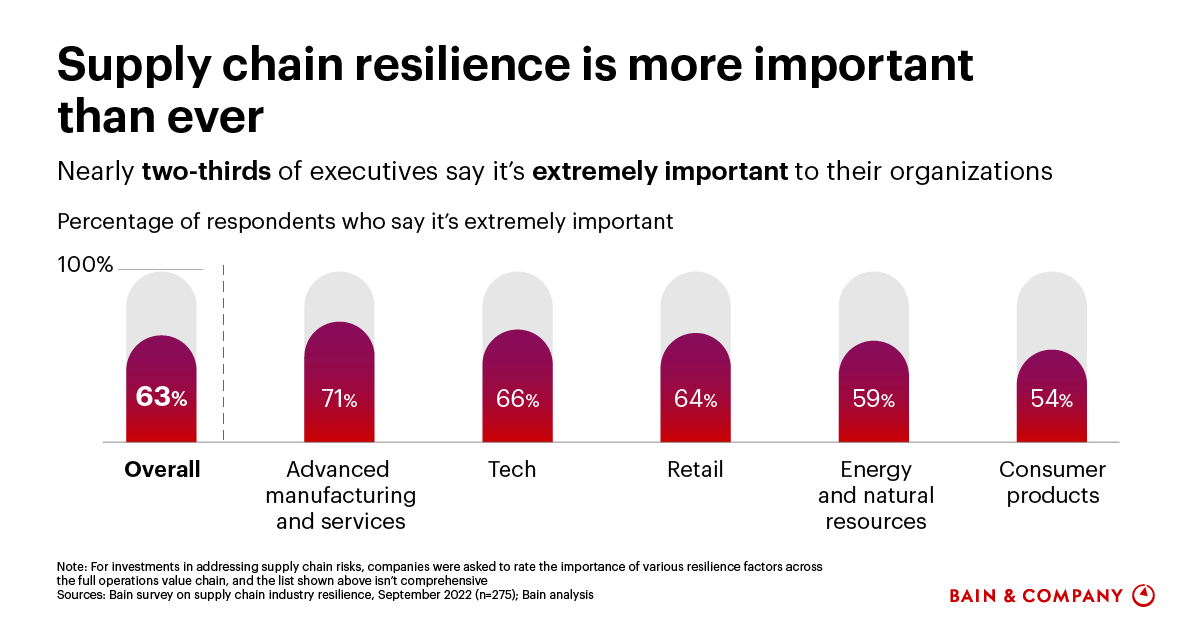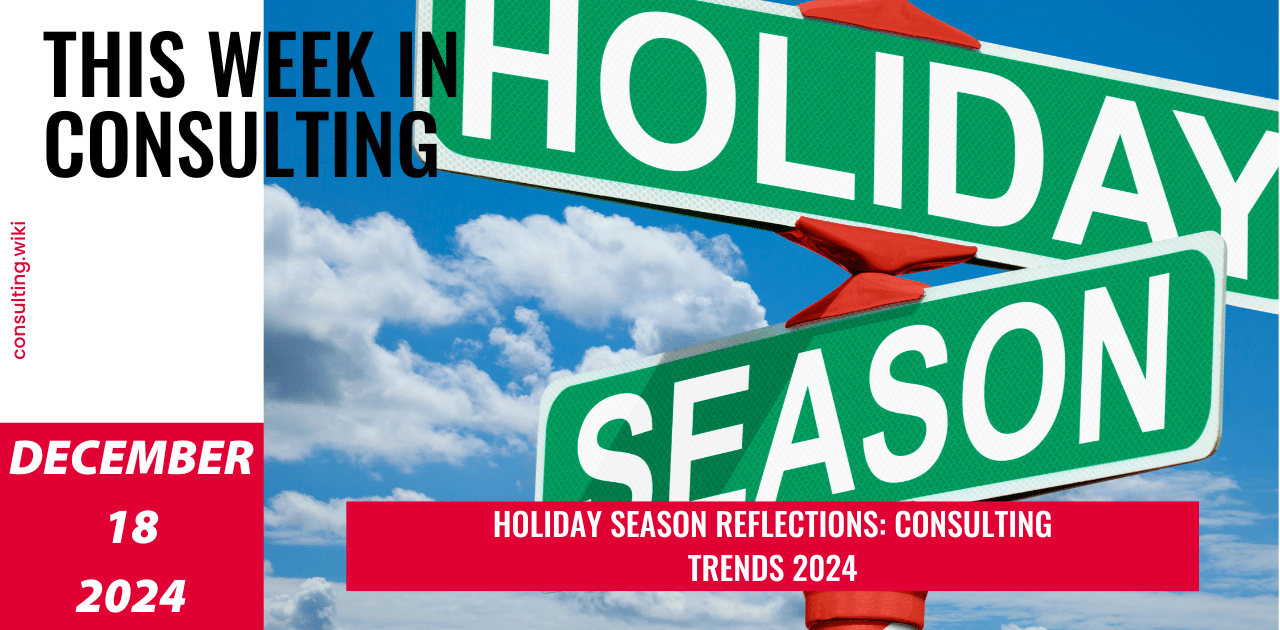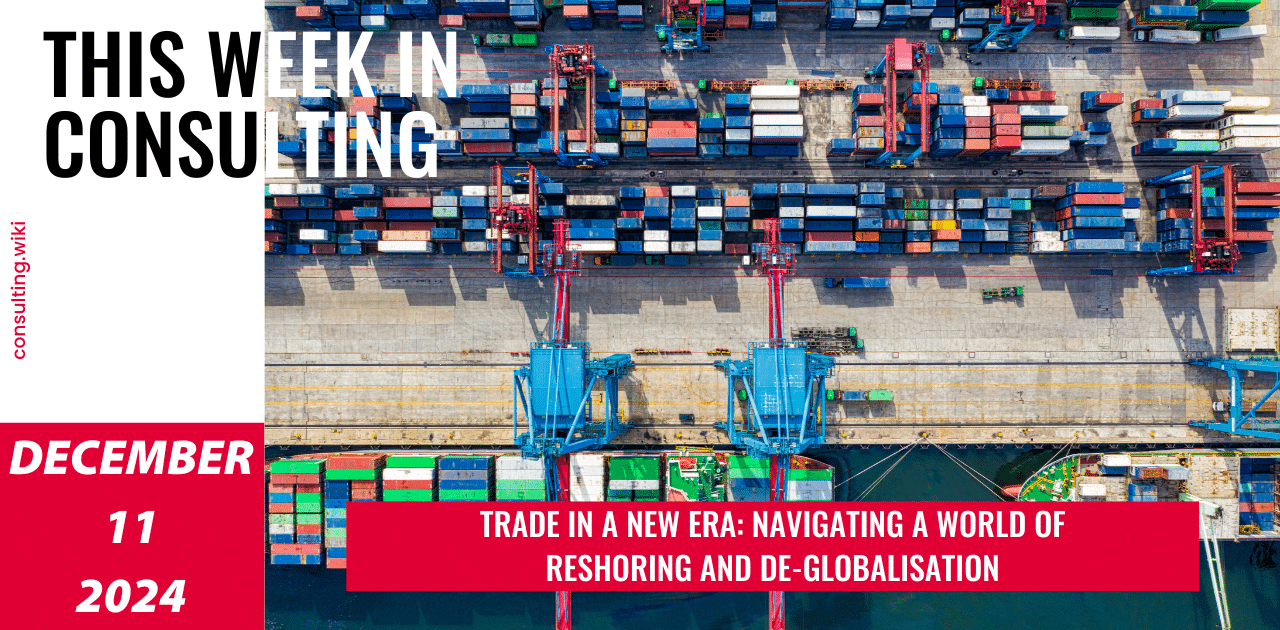Editorial
Being a Supply Chain executive is, in my view, the exact opposite of acting as the goalkeeper during penalty kicks in football (or soccer for those who live on the other side of the pond). Everyone is expecting you to succeed and the tolerance to failure is extremely slim. Add to this extreme weather, geopolitical instability, pandemics, lack of skilled workers, and truck shortages and you can decide if you have what it takes to embrace a supply chain career.
According to Bain, nearly two third of executives declare, that supply chain resilience is more important than ever. Surprisingly, the tech industry places greater emphasis on supply chain resilience than it does on natural resources. Indeed only 12% of companies surveyed prioritize simple measures such as diversifying the supplier base or securing access to water.
The challenge for supply chain executives is to balance a multitude of priorities ranging from digitalization to cost reduction, sustainability, or risk management while making sure that everything is running and that clients are satisfied and delivered in full. You definitely have to love multitasking if you embrace supply chain as a career choice.
In this issue of This Week in Consulting we explore what supply chain executives can expect in 2023, and in 2030, we zoom in on how the supply chain role is undergoing a paradigm shift in the healthcare industry, we review good practices to make the supply chain more resilient before stepping back and analyzing how to make sure that you have a sustainable supply chain.
Enjoy the read. Feel free to comment. Would love to hear your views.

Laurent THOMAS
Chairman Consulting Quest
This week’s must read
In This Week’s Must Read, we explore what supply chain executives can expect in 2023, and in 2030 to make sure that they have a sustainable supply chain.
Faced with mounting consumer pressure and the need to demonstrate to investors that they are behaving responsibly, businesses themselves are taking action to make their supply chains more sustainable, sometimes without waiting for government or regulatory intervention. At the same time, public interest in Ecocide (a concept that was promoted as a potential international crime as long ago as the 1970s), has gathered momentum in recent years. All these create need for a legal framework to diagnose and eventually penalize ecocide. This article discusses three possibilities that can be considered in this respect as well as the likely challenges on the way.
This week’s media
Supply chains are constantly evolving and organizations must be proactive in dealing with any changes that may arise. In these challenging times, discussions around supply chain resilience invariably emphasize the importance of data analytics and digitalization. In this video, a panel of top executives, entrepreneurs, and academics shared their valuable insights to shed light on the trends that shaped the industry in 2022.
Thought Leadership
The pandemic brought the fragility of the world’s supply chains into full view. Disruptions, delays, workarounds, and all-out stoppages became all too familiar. What can supply chain executives expect in 2023? This article shares trends and challenges supply chain executives will likely be experiencing in 2023.
As the world crawls back to a state of ‘altered normal,’ the transition from the pandemic to the endemic phase of COVID presents healthcare supply chain leaders with the opportunity to look beyond immediate needs and consider ways to establish a new operating model, one in which the supply chain itself functions as a strategic enabler. Against this backdrop, L.E.K. Consulting’s recent Hospital and Healthcare Supply Chain survey offer key insights into developments for hospital/health system supply chains.
One thing that the pandemic of 2020 and some of the geopolitical uncertainties of the 2020s have taught us is that supplier strategies of the past are no longer going to work now or in the future. This article brings to you the five major trends that you should be aware of as you navigate the world of supply chain management in the 2020s and beyond.
According to a Bain survey, executives consider that supply chain resilience is more important to their organizations than ever. No wonder, investments in supply chain resilience are on the rise. But still, many companies are lagging. This infographic from Bain & Company highlights four challenges that need to be prioritized and shares five ways to boost resilience.
This week’s consulting news selection
Valcon, the leading European consultancy specialising in technology, data and people, recently appointed Mohammed Hoque as the new UK Partner and Technology Practice Lead. Hoque brings to the table, 10 years of experience in technology consulting and strategy leadership in high-compliance environments in the public sector and financial services industry.|@Valcon
Groenewout, the well-known consulting firm specialized in supply chain management, logistics, construction management and engineering, recently welcomed three new consultants to its team — Joep Geurts, Willem-Jan Eil and Rogier Verhaar.|
Accenture recently made a strategic investment in Ocean Genomics, a technology and AI company that has developed advanced computational platforms to assist biopharma companies to discover and develop more effective diagnostics and therapeutics.|
Global consulting firm Oliver Wyman welcomed Douglas Carlucci and Andreas Hilz as partners in the company’s Transportation & Services (T&S) practice in the Asia Pacific region. The duo will join the firm’s Sydney office.|
Laurent is the Chairman and Co-founder of Consulting Quest. Focused on greater value creation, and being thoroughly familiar with Consulting, Laurent has sourced and sold millions of dollars worth of Consulting over the course of his career. Prior to joining Consulting Quest, Laurent was Executive Vice President Oil and Gas at Solvay and Senior Partner Transformation at Oliver Wyman.








